Carl Sagan once observed that “Extinction is the rule. Survival is the exception”. Indeed, it is estimated that 99.9% of all plant and animal species that have ever existed are now extinct. It is just a matter of time before the same is true of those species that exist today. Thus, whereas Benjamin Franklin said that “in this world, nothing can be certain, except death and taxes”, he might have added to that list of certainties the “death of taxa”.
While extinction of a species is inevitable, its timing is not. There is thus good reason not to be apathetic about recent reports that humanity has wiped out 60% of (non-human) vertebrate populations since 1970. The phenomenon of anthropogenic extinctions is as old as our species. This is not to deny that there were mass extinctions as result of other causes, long before there were humans. However, humans have been driving extinctions since our emergence, including the extinction of 83% of all mammal species. For example, the number of megafauna species in Africa dropped as humans emerged. The rate of large mammal extinctions was significantly greater as humans migrated to the other continents (and to Madagascar).
Although large animals, such as the woolly mammoth, were at greatest risk of human-induced extinction as a result of their size, vertebrate species of all sizes, terrestrial and aquatic, have been affected, including the dodo, the quagga, the Tecopa pupfish, and the once multitudinous passenger pigeon. One result is that today, of all the mammals on earth, 36% are humans, 60% are our livestock, and only 4% are wild animals. 70% of all birds are chickens or other poultry, and only 30% are wild.
Should we care about past and future possible extinctions? Are these to be regretted and, where still possible, prevented? One basis for concern might be the loss of species diversity. Extinction does not always involve a loss of diversity. Sometimes the extinction of some species creates ecological space for other species to develop, although the latter can take thousands or even millions of years. In the short term the rate of extinctions is indeed reducing species diversity. However, it is not clear why such diversity is valuable and thus why its loss is something to be regretted or avoided.
___
"The most compelling reason to be concerned about extinction can be seen if we shift focus from species to individual animals. The process whereby extinction unfolds typically causes plenty of harm to the individual members of the species headed for extinction."
___
One way to explain why loss of species diversity is bad is that there are then fewer kinds of creatures for us to experience and appreciate. Species extinction can indeed have this effect, at least where we even know about and are interested in the species we are driving to extinction. It is easier to elicit concern about cute and cuddly pandas than about the blob fish (although ugly animals are not a lost cause). But should a species’ continued existence be dependent on our interest? It does seem excessively anthropocentric, at least if it is not coupled with other reasons for concern.
One such further concern is the ecological disruption that could result from the extinctions. Again, this is not an inevitable consequence of extinction, as some extinctions will have little (or positive) ecological effect. Nevertheless, extinctions can have profoundly negative effects on the ecosystem, with knock-on negative effects for other species, including but not limited to humans.







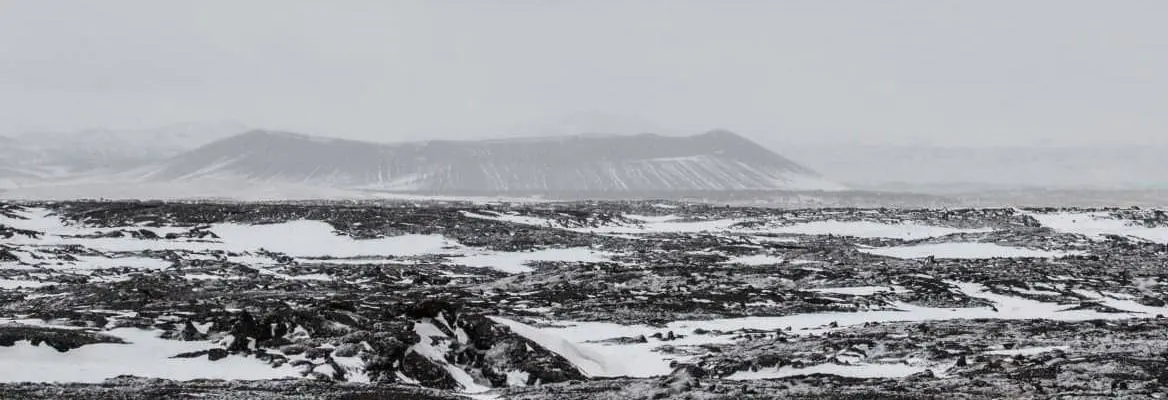


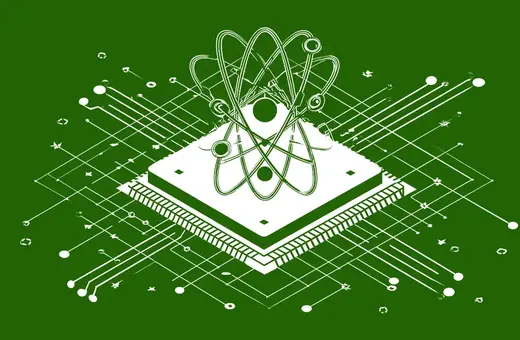
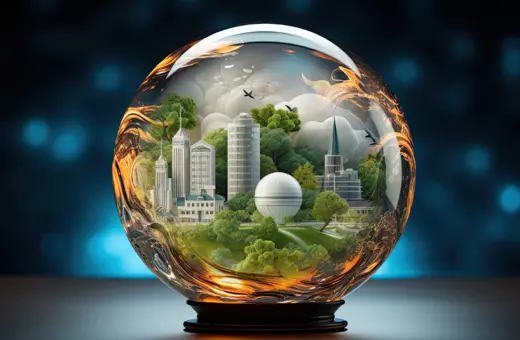
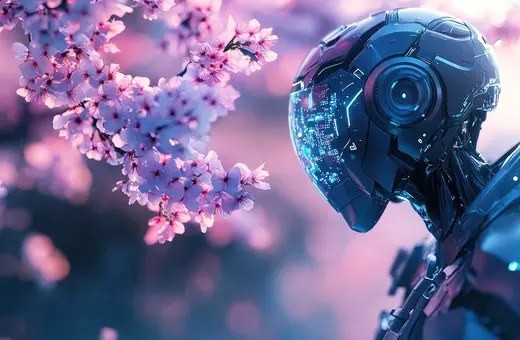
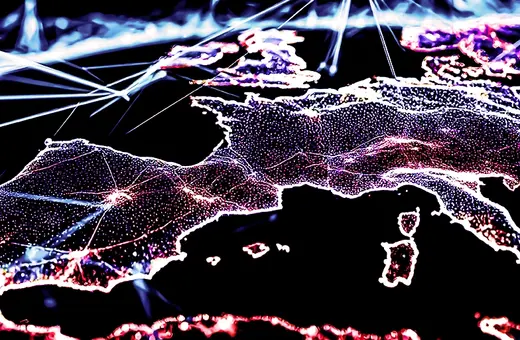


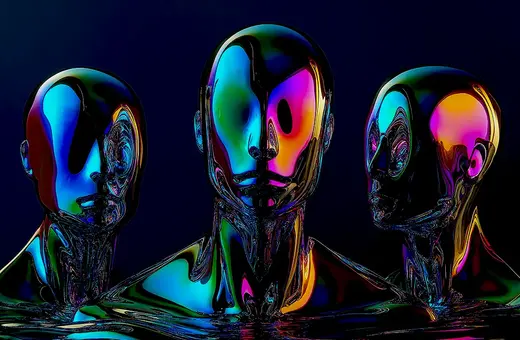
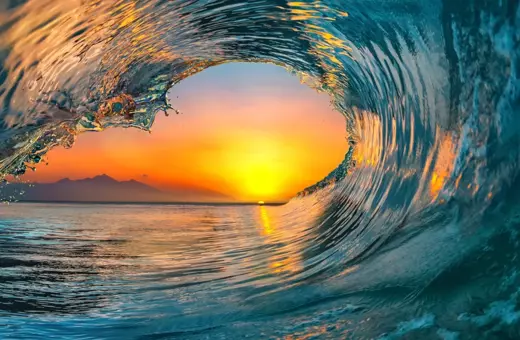



Join the conversation